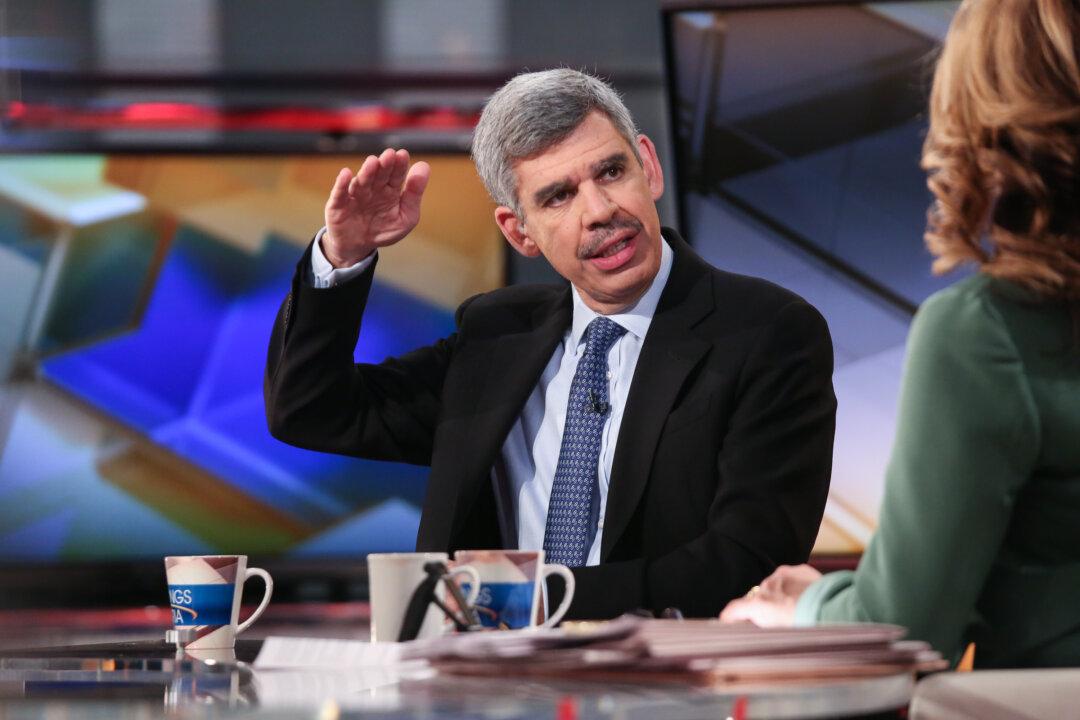Noted economist Mohamed El-Erian said the U.S. economy is facing higher odds of a recession and stagflation after a series of high-profile bank collapses last month.
“The flashing red light resulting from a speed-of-light run on the U.S. banking system, or what economists broadly refer to as financial contagion, is behind us,” the longtime economist wrote in the Financial Times Monday. “Yet it is too early for policymakers to declare mission accomplished.”





